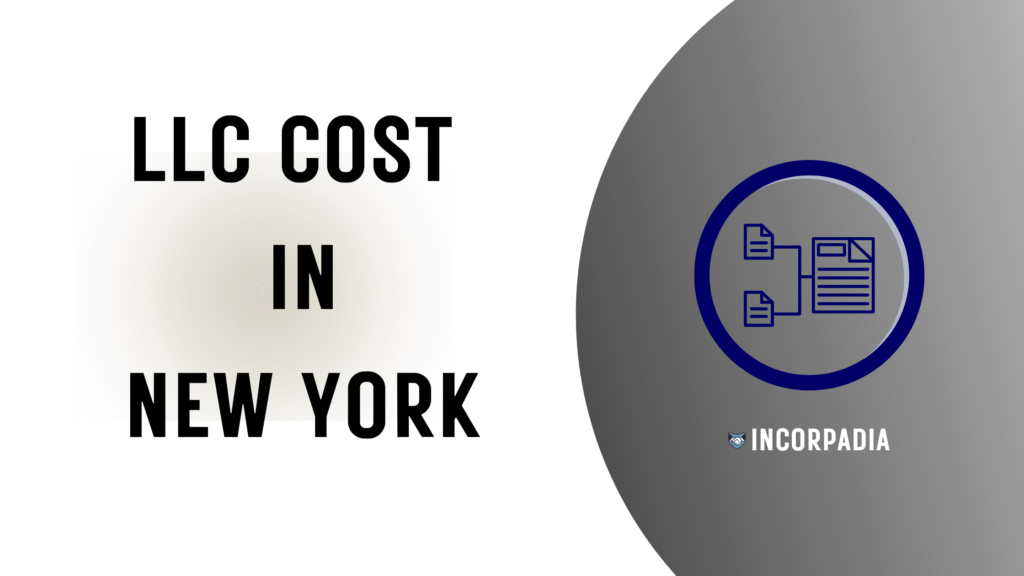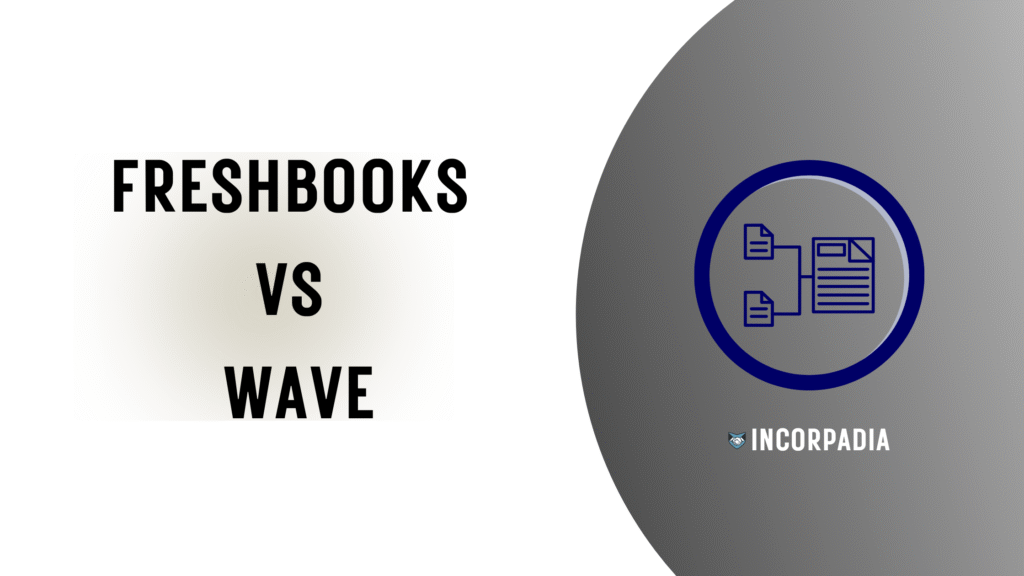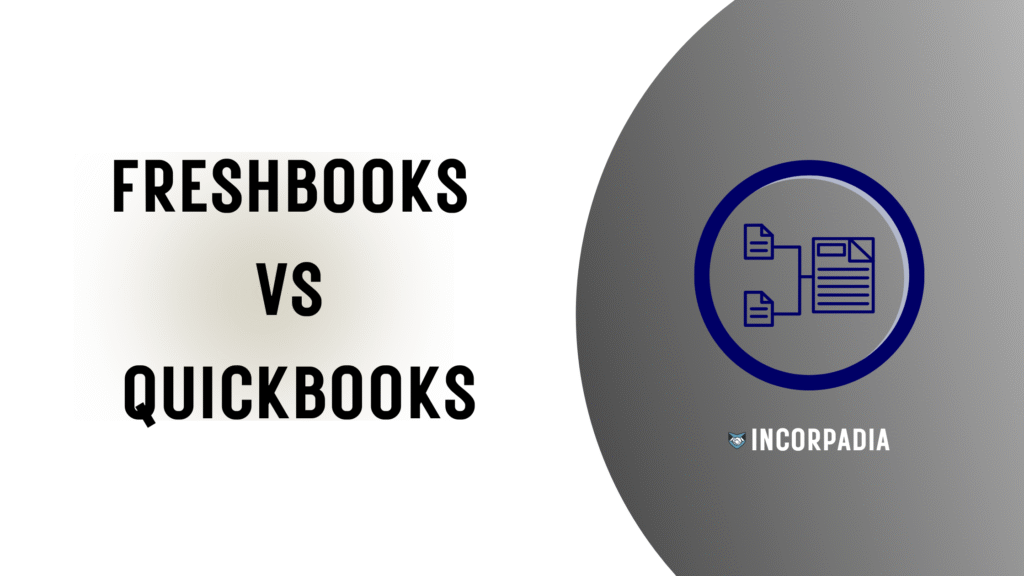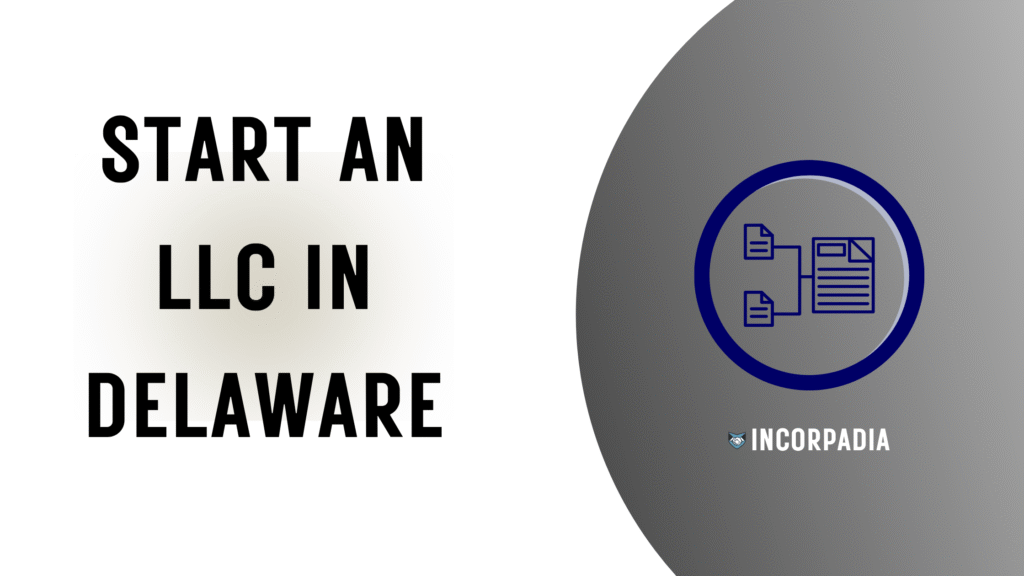Starting a business is an exciting journey, and one of the most popular ways for entrepreneurs to structure their companies is by forming a Limited Liability Company (LLC). In New York, forming an LLC can offer several advantages, such as personal liability protection and tax flexibility. However, the process can be a bit complex due to certain state-specific requirements, including the newspaper publication rule.
This comprehensive guide will walk you through each step of the LLC formation process in New York, from choosing a business name to filing essential paperwork. By the end, you’ll have all the information you need to start your LLC in New York in 2025.
Costs Summary
| Item | Cost (USD) | Notes |
|---|---|---|
| Articles of Organization | $200 | Mandatory filing fee to officially form the LLC. |
| Publication Requirement | Varies | Publication in two newspapers for 6 weeks; costs range from $300 to $1,200 depending on county. |
| Certificate of Publication | $50 | Filing fee after completing the publication requirement. |
| Biennial Statement | $9 | Due every two years; failure to file can result in penalties. |
| Registered Agent Service | $100–$300/year | Optional, but recommended for privacy and compliance. |
| DBA (Doing Business As) | $25 | If operating under a name different from the LLC’s legal name. |
| Employer Identification Number (EIN) | $0 | Free when obtained directly from the IRS. |
Steps to Form an LLC in New York
Starting an LLC in New York involves a series of essential steps designed to protect your business and comply with state regulations. From selecting a unique business name to fulfilling New York’s unique publication requirement, each step is crucial for ensuring your LLC is properly formed and legally recognized.
1. Search Your LLC Name
The first step in forming an LLC is selecting a name. New York, like every other state, has specific rules regarding LLC names, and it’s essential to follow them to avoid delays.
Key Requirements for Your LLC Name:
- Uniqueness: Your LLC name must be distinguishable from any other existing businesses in the state. This includes any active LLCs, corporations, or limited partnerships registered with the New York Department of State. You can easily check for name availability on the Department of State’s online database.
- Compliance with Naming Conventions: Your LLC name must include the words “Limited Liability Company” or the abbreviation “LLC” or “L.L.C.”
- Restrictions: There are specific words that are prohibited or require approval. For example, the word “bank” can only be used if your business is a financial institution, and using the word “university” or “attorney” may require additional documentation or permission.
Once you’ve chosen your LLC name, it’s essential to conduct a search to confirm it’s available. You can use the New York Department of State’s online database to check name availability and avoid using a name that’s already in use.
If you’re unsure whether your name will pass the state’s naming requirements or want to reserve the name for later, New York allows you to reserve your LLC name for 60 days by filing a reservation form and paying a $20 fee.
2. Choose How You’ll Approach the LLC Publication Requirement
One of the unique requirements for forming an LLC in New York is the publication rule. Once your LLC is formed, you must publish a notice of its formation in two newspapers (one daily and one weekly) for six consecutive weeks. The newspapers must be approved by the county clerk in the county where your LLC’s office is located.
Why is Publication Required?
The publication requirement aims to inform the public about the formation of your LLC. This is a distinctive feature of New York law, and it’s important to comply with it to avoid penalties.
How Much Do the Newspaper Ads Cost?
Publication fees vary significantly depending on the county where your LLC is located. In some counties, the publication can cost as little as $300, while in others, it could run up to $1,200 or more. The fees are set by the newspapers, not the state, so they vary by location. Major metropolitan areas such as New York City tend to have higher publication costs than rural counties.
How Can You Save Money on Newspaper Ads?
You can reduce costs by choosing a registered agent located in a county with lower newspaper publication fees. Additionally, it’s crucial to compare prices from different newspapers to find the most cost-effective option for fulfilling the publication requirement.
Once the publication is completed, you’ll receive affidavits of publication from the newspapers. These affidavits must be submitted to the New York Department of State along with a Certificate of Publication and a $50 filing fee.
3. Choose a Registered Agent (Optional)
In New York, an LLC is required to have a registered agent. A registered agent is an individual or business entity that is designated to receive legal documents on behalf of your LLC, including service of process, government correspondence, and tax notices.
While New York’s Secretary of State automatically acts as your LLC’s registered agent, you can also appoint a third-party registered agent service. Many businesses choose to do this to maintain privacy or ensure they are always available to receive important documents.
Why Do You Need a Registered Agent?
Having a registered agent ensures that your LLC stays in good standing with the state by guaranteeing you never miss important notices, such as tax filings, lawsuits, or official government communications.
How to Choose a Registered Agent?
When selecting a registered agent, you’ll want to ensure they are reliable and trustworthy. If you’re using a professional service, make sure it offers the services you need at a reasonable price. A registered agent service typically costs between $100 and $300 annually.
If you’re comfortable handling this responsibility yourself, you may serve as your own registered agent, but remember that doing so means your name and address will be public information, which may not be ideal for privacy reasons.
4. File Articles of Organization
After selecting your LLC name and designating a registered agent, the next step is to file your Articles of Organization with the New York Department of State. This document is essentially your LLC’s birth certificate—it formalizes your business entity with the state.
Information Needed to File:
- LLC Name: The name you’ve chosen for your LLC.
- County Location: The county in New York where your LLC’s office will be located.
- Registered Agent: The person or business entity designated to receive legal documents for your LLC.
- Management Structure: Indicate whether your LLC will be managed by members (owners) or by a manager.
- Effective Date: The date you want your LLC to officially begin its operations (optional).
You can file your Articles of Organization online, by mail, or in person. The filing fee is $200, and online filings are usually processed immediately, while mail filings may take two to three weeks.
5. Create an Operating Agreement
Although it’s not mandatory to file your LLC’s Operating Agreement with the state of New York, you must create one within 90 days of forming your LLC. The Operating Agreement outlines the rules and responsibilities governing your LLC, including management structure, profit-sharing, and procedures for transferring ownership or handling disputes.
Having a solid Operating Agreement is essential, especially if you have multiple members (owners). This document can help prevent misunderstandings and protect the interests of your business and its members.
The Operating Agreement should cover the following topics:
- Ownership structure: Who owns the LLC and in what proportions?
- Management: Who will run the LLC? Will it be member-managed or manager-managed?
- Profit and loss allocation: How will profits and losses be divided among members?
- Member rights and responsibilities: What are the rights and duties of each member?
The Operating Agreement is an internal document, meaning you don’t need to file it with the state, but it should be kept on record with your LLC’s other legal documents.
6. Get an EIN for Your LLC
An Employer Identification Number (EIN) is a nine-digit number assigned by the Internal Revenue Service (IRS) to identify your business for tax purposes. If you plan on hiring employees, opening a business bank account, or applying for business loans, you will need an EIN.
You can apply for an EIN for free on the IRS website. The application process is straightforward and typically only takes a few minutes. Once your EIN is issued, you’ll receive it immediately.
7. Publish Your Newspaper Ads (and Get Affidavits of Publication)
As mentioned earlier, New York requires LLCs to publish a notice in two newspapers for six consecutive weeks. After the notice is published, you will receive affidavits of publication, which are proof that you’ve met the publication requirement.
8. File a Certificate of Publication
After completing the publication requirement, you must submit a Certificate of Publication to the New York Department of State. This must be done within 120 days of filing your Articles of Organization.
Along with the Certificate of Publication, you must submit the affidavits from the newspapers and pay a $50 filing fee.
9. File a Certificate of Change (Optional)
If you need to change any information about your LLC—such as its name or the county of formation—you can file a Certificate of Change with the New York Department of State. This step is optional and should only be done if you need to update the official records.
What to Do After Your LLC Is Approved
Once your LLC has been officially approved and formed, there are several ongoing responsibilities you must address to maintain good standing with the state of New York.
Biennial Statement
In New York, LLCs are required to file a Biennial Statement every two years. This statement updates the state with your LLC’s contact information and is due based on the anniversary month of your LLC’s formation. The filing fee is $9.
The Biennial Statement is easy to file online, and you will receive a notice in the mail when it’s time to submit it. If you fail to file the Biennial Statement, your LLC could lose its good standing with the state.
LLC Taxation
In New York, LLCs are typically taxed as pass-through entities, which means the LLC’s profits and losses are passed through to the members (owners), who report them on their individual tax returns. However, LLCs can elect to be taxed as an S-corporation or C-corporation if they wish.
Additionally, New York imposes an LLC filing fee based on your LLC’s income. The fee ranges from $25 to $4,500 annually, depending on your LLC’s revenue.
Conclusion
Forming an LLC in New York is an essential step for entrepreneurs looking to protect their personal assets while establishing a formal business structure. While the process may seem complicated due to requirements like newspaper publication, following these steps carefully will ensure that you remain compliant with state laws.
With the right planning, you can set your LLC up for success and focus on what matters most—growing your business!
FAQs
How much does it cost to form an LLC in New York?
The basic costs of forming an LLC in New York include:
- Articles of Organization filing fee: $200
- Newspaper publication costs: $300 to $1,200 (depending on your county)
- Certificate of Publication filing fee: $50
- Biennial Statement filing fee: $9 (every two years)
Can I form an LLC without a lawyer in New York?
Yes, you can form an LLC on your own without legal assistance. The process is straightforward, but consulting a lawyer can help ensure compliance with all state requirements, especially the publication rule.
How long does it take to form an LLC in New York?
Online filings are processed immediately, but if you file by mail, it could take two to three weeks for the state to process your Articles of Organization. After that, the publication process could take several weeks.
Can I form an LLC in New York and operate in other states?
Yes, you can form an LLC in New York and operate in other states. However, you may need to register your LLC as a foreign entity in those states, which typically requires filing and paying fees in each state.







